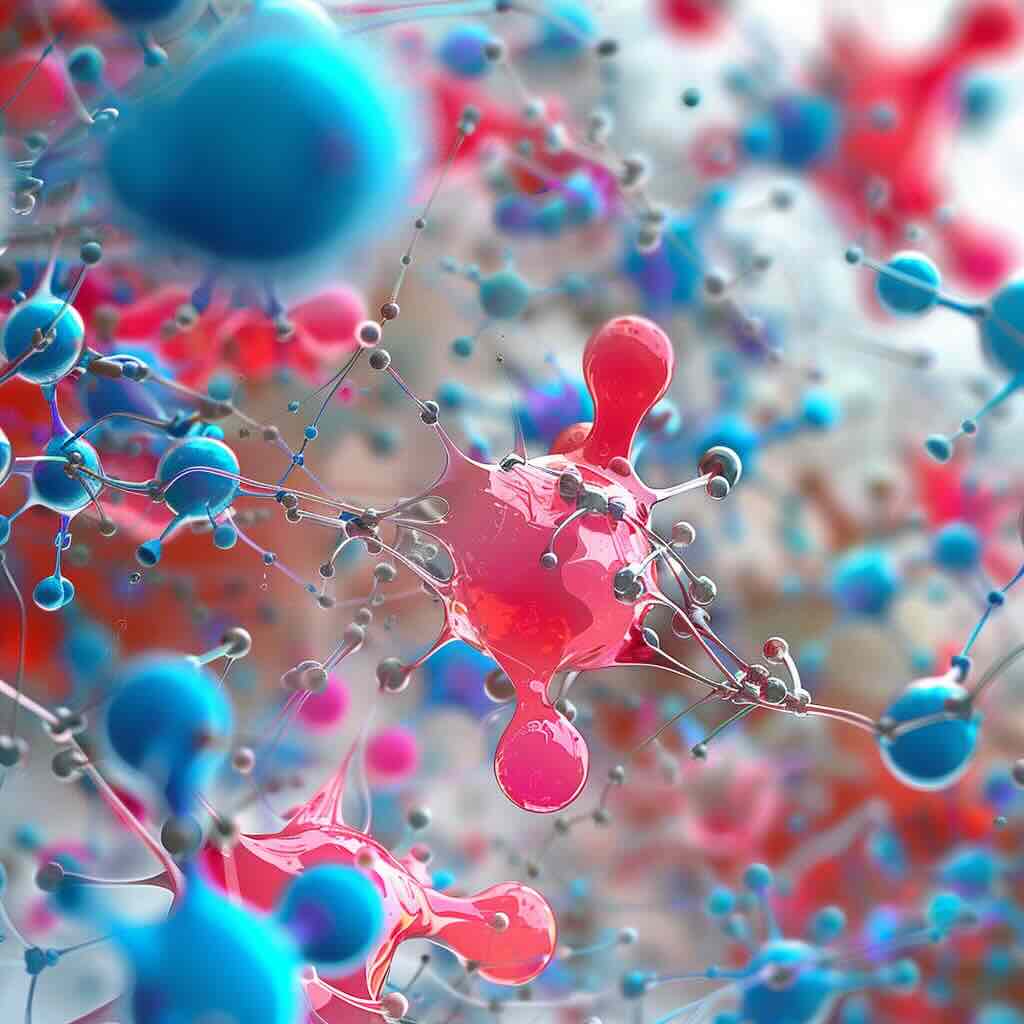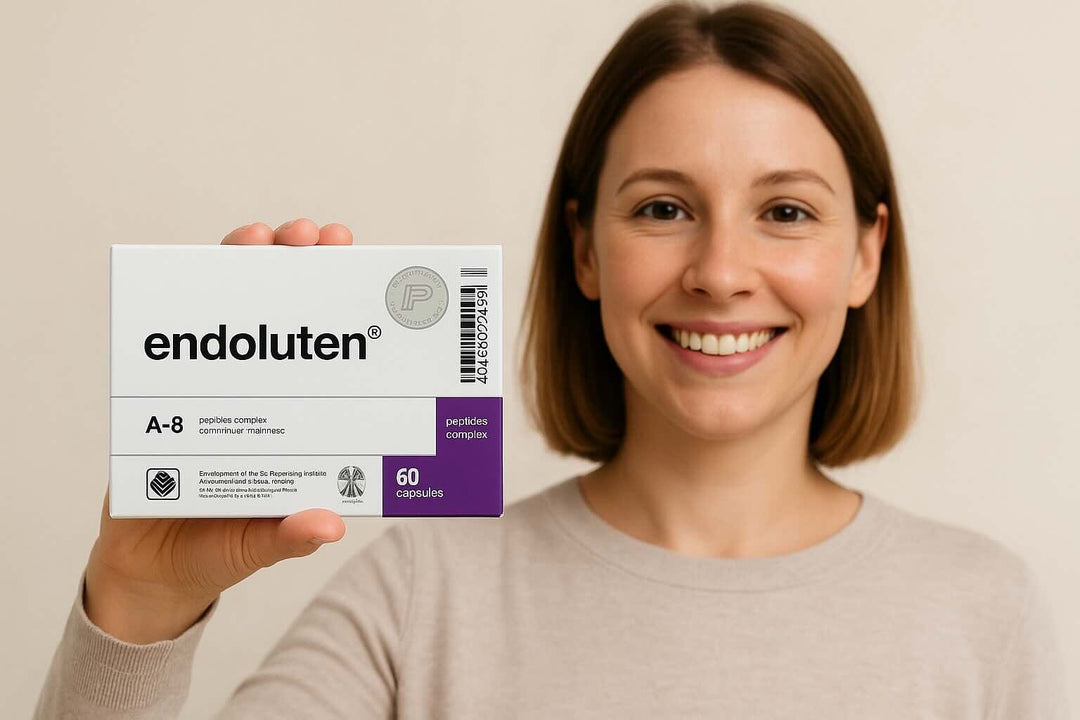Did you know that around 12% of the U.S. population develop a thyroid condition during their lifetime? What makes things worse is that up to 60% of those who develop a thyroid problem never get diagnosed nor appropriately treated.
The thing about the thyroid is that it's one of the hidden soldiers in your body that regulates a lot of your vital functions without making a big deal of it. But, just like how humble this gland is while doing its work, it comes down quietly, producing some common symptoms that can be falsely linked to any other disease.
That’s why many people live for years with a thyroid disorder and never know until they develop an even more complicated condition like cardiovascular disease or osteoporosis.
As with all diseases, early detection and fast management play a huge role in reducing the morbidity and mortality of thyroid disorders. Read on to find out about what thyroid diseases refer to, their causes, treatment, and ways of prevention.
What’s the Thyroid Gland?
Before we get to the causes and treatment, let’s get to know more about the thyroid gland and why it’s considered the body’s power station.
Shape and Function
The thyroid is the largest endocrine gland in your body and is located at the base of your neck, just below your Adam’s apple. It takes the shape of a butterfly with a middle bridge surrounded by two lobes from each side, each the size of a walnut.
This gland secretes two of the most fundamental hormones regulating the body system, including thyroxine (T4) and triiodothyronine (T3).
Thyroxine is the hormone in charge of making triiodothyronine, and both are responsible for regulating the body’s metabolism, the process by which your body transforms the food and nutrients you ingest into some form of energy that your cells use later to perform their functions.
Disorders
The thyroid gland is responsible for supplying all your body organs with energy. When it works properly, each organ, including the heart, lungs, and digestive system, receives a sufficient amount of energy, enough for it to perform its function. But what if it receives more or less energy? That’s when thyroid disorders come into play.
How Are Thyroid Disorders Diagnosed?
If you experience any of the conditions mentioned above or fall in one of the categories at higher risk of acquiring a thyroid disorder, your doctor will recommend performing some blood tests to make sure of the diagnosis.
To examine the thyroid functions, the most logical step would be to measure the amount of thyroid hormones in the blood. This is done by taking a sample of the patient’s blood and performing the following tests:
- T4 Test: The thyroxine test is done to measure the amount of thyroxine in the blood. The normal range of thyroxine is from 5.0 to 12.0μg/dL. According to whether you fall below or above this range, you’ll be diagnosed with hypo or hyperthyroidism.
- T3 Test: Just like the T4 test, this test measures the amount of triiodothyronine in the blood. The normal range is 80-220 ng/dL. Although low amounts of triiodothyronine may signify the presence of hypothyroidism, the test is more commonly used to diagnose and follow up on the management of hyperthyroidism.
Rather than testing for the thyroid hormones, your physician may order the Thyroid-Stimulating Hormone (TSH) test, which measures the amount of thyroid-stimulating hormone in your body.
Is There a Way to Prevent Thyroid Disorders?
While there isn’t a certain procedure you can follow to protect yourself from acquiring a thyroid condition, there are some precautions you can take to slow down or stop the progression of the disorder, especially if you’re at high risk of getting it.
For example, since smoking is linked to thyroid diseases, it’d be better to kick the habit before things escalate and your thyroid gets further damaged. If it’s not something you can do on your own, consider seeking help from healthcare professionals or smoking cessation programs.
If you’re scheduled to undergo X-ray screening anytime soon, make sure to ask the technician to cover your neck with a collar to protect your thyroid from harmful radiations. Also, you can learn how to do a Thyroid Neck Check to periodically check for any lumps or swellings that could indicate the presence of nodules on your thyroid.
Finally, watch out for the amount of perchlorate in the water your drink. Perchlorate is a chemical that inhibits your thyroid from taking up the amount of iodine necessary to produce thyroxine and triiodothyronine. While it won’t be possible to test for perchlorate in every cup of water you drink, just try to stay in areas where perchlorate contamination isn’t a thing.
Take Thyreogen For Improved Function Of The Thyroid
There are various benefits that come with a person taking Thyreogen supplement. It improves a person’s health by boosting the healthy functions of thyroid gland. The function and purpose of the thyroid gland is to make, store, and release thyroid hormones into the body. When your thyroid glands are working properly, you will not experience problems related to malfunctioning or weak thyroid.
The supplement functions like the peptide bioregulators produced in our body that work to repair tissues. Therefore, taking Thyreogen supplement protects the thyroid tissues from destruction. Thyreogen has no side effects that can cause harm to person. It will therefore be safe when you are taking it.
In essence, the thyroid gland is a very key gland in the body. A little adjustment to its functionality can cause undesirable results, which can easily be overlooked. Keeping it to within the limits of functionality is key. One way to do that is through supplements such as Thyreogen whose results are always satisfactory.
Thyroid gland Peptide Bundle - A-2 Thyreogen A-3 Ventfort - Qi Supplements
Thyreogen® A-2 Thyroid Peptide Bioregulator - 60 Capsules - Qi Supplements
Notoplex: Fibrotic, Plaque and Autophagy Detox (10 Suppositories) - Qi Supplements





